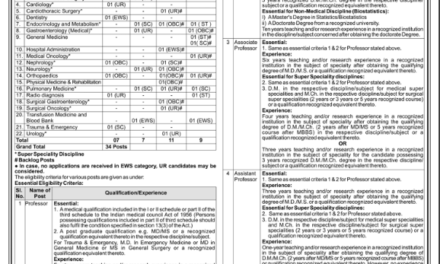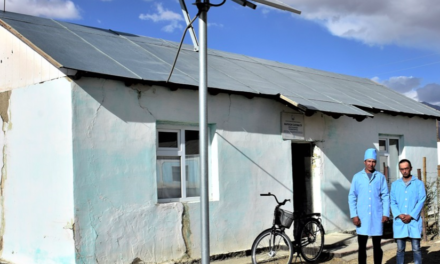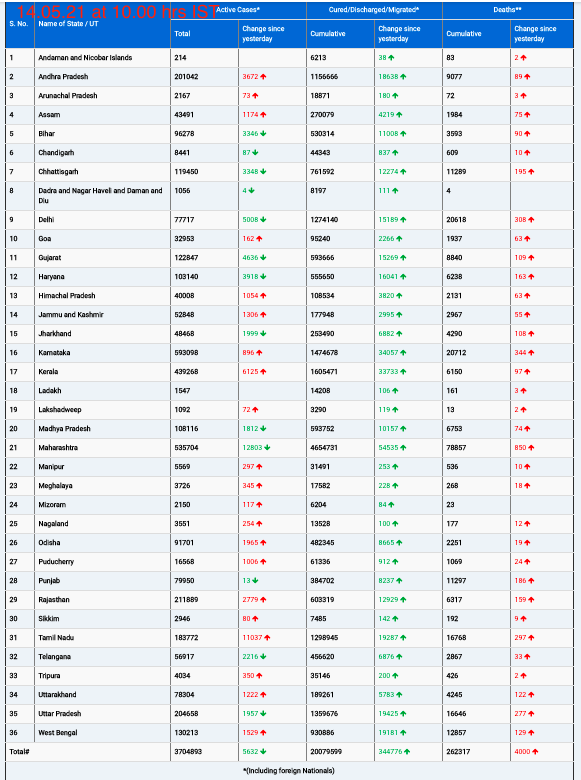March 8, 2024 – A groundbreaking international research study, COSMOS, led by Karolinska Institutet and Imperial College London, UK, has examined the potential association between mobile phone use and the risk of brain tumors. Published in Environment International, the study, which involved over 250,000 mobile phone users, delivers reassuring findings: there is no evidence linking long-term cell phone use to an increased risk of brain tumors.
Amidst concerns over the health effects of radiofrequency electromagnetic radiation emitted by mobile phones, the World Health Organization (WHO) and the European Union (EU) have called for comprehensive studies to address these concerns. Responding to this need, the COSMOS study was initiated nearly two decades ago to investigate the long-term impact of mobile phone use on human health.
Between 2007 and 2013, participants from five countries provided detailed information about their mobile phone usage habits, following which their health status was monitored for the onset of brain tumors. Spearheading the study, Maria Feychting, professor at the Institute of Environmental Medicine, Karolinska Institutet, highlights the significance of this forward-looking cohort study, which collected extensive data on participants’ mobile phone usage patterns.
Contrary to fears, the study found no elevated risk of brain tumors among individuals who spent the most time on their mobile phones compared to those with lesser usage. Even among participants who used mobile phones for over 15 years, the risk of developing brain tumors did not increase significantly compared to shorter-term users.
What sets COSMOS apart is its unique combination of a prospective cohort design, which tracks changes in exposure and outcomes over time, with detailed information on mobile phone use. These findings challenge previous assessments, such as the WHO’s classification of radiofrequency fields as “possibly carcinogenic,” primarily based on retrospective case-control studies.
While acknowledging the importance of these findings, researchers emphasize the need for continued research, given the evolving nature of mobile telephony technology and the rarity of certain types of brain tumors. The COSMOS study will continue to follow participants to provide more robust conclusions on long-term health risks associated with mobile phone use.
Funded by various Swedish organizations including the Swedish Research Council and AFA Insurance, with researchers disclosing no conflicts of interest, the COSMOS study underscores the importance of evidence-based research in shaping health policies and addressing public concerns.
As mobile technology continues to evolve, studies like COSMOS play a crucial role in providing clarity and reassurance regarding the safety of mobile phone usage, contributing to informed decision-making and public health awareness.












